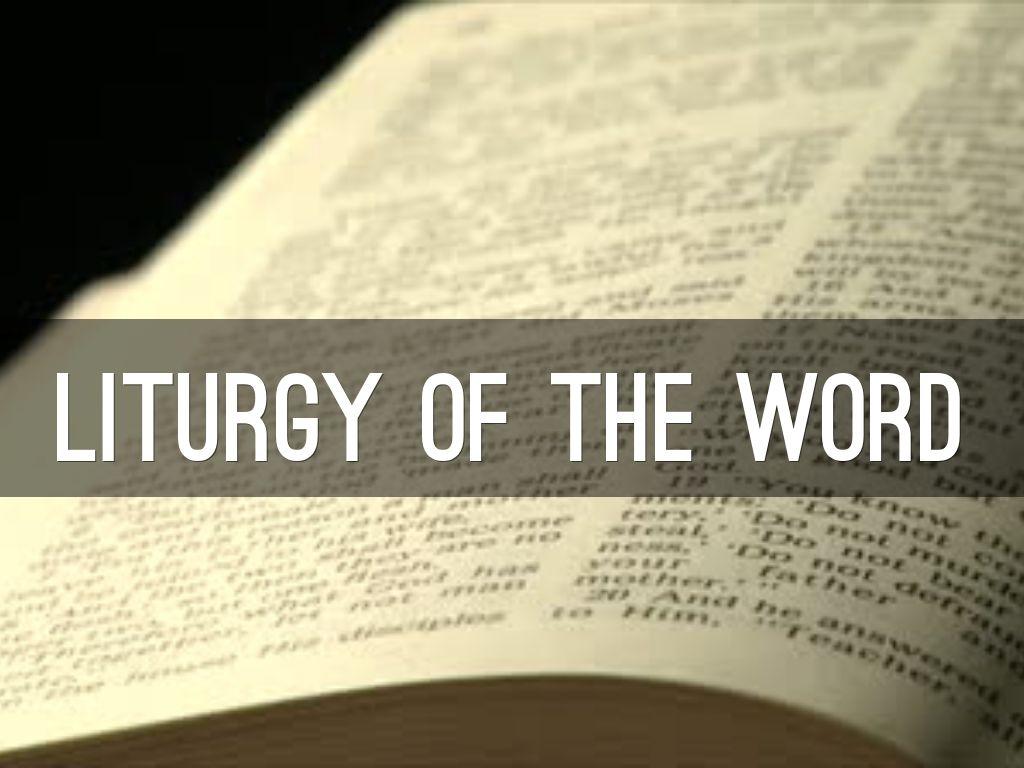
 The cornerstone of Anglican Worship is the Book of Common Prayers. It has been said that while other protestant Churches reformed around the scriptures, the Anglicans reformation was based on re-writing their prayer books. The efforts have not been fruitless: the liturgy of the Anglican Church is rich in language and rich in scriptures. It is an exquisitely woven document with scriptures for every occasion. All conceivable occasions in every season of the year is covered. There is a prayer for every Sunday of every season. Not only have the prayers and scriptural readings been fixed, the music to go with it has also been concluded: The words, the rhyme and the tune. This has resulted in a number of outcomes.
The cornerstone of Anglican Worship is the Book of Common Prayers. It has been said that while other protestant Churches reformed around the scriptures, the Anglicans reformation was based on re-writing their prayer books. The efforts have not been fruitless: the liturgy of the Anglican Church is rich in language and rich in scriptures. It is an exquisitely woven document with scriptures for every occasion. All conceivable occasions in every season of the year is covered. There is a prayer for every Sunday of every season. Not only have the prayers and scriptural readings been fixed, the music to go with it has also been concluded: The words, the rhyme and the tune. This has resulted in a number of outcomes.
The “Legacy” Problem
In the first place, it has fostered an amazing cultural uniformity on the members of the communion. You could attend an Anglican Church anywhere and you will be able to follow the proceedings. But this is if you are ALREADY familiar with them, and this creates an evangelical problem for an Anglican Parish that wishes to stay true to its liturgy and evangelize in a modern world. It is extremely difficult for the uninitiated to follow the worship in an Anglican Church.
In the classic setting, every sentence the Vicar will say, and every response the Church is to give, has been written down. Without the Prayer Books, you cannot have a passable Anglican Service. With the Prayer Book, without a properly trained organist, you cannot have a proper, full Anglican service. It amuses me to no end, in young preaching stations, when the supervising Vicar comes around to conduct the service:
“The Lord be with you”, he says. The people say “Amen”.
“No”, he corrects, “You should respond: ‘And with your spirit’ ”.
And on it goes. “Turn to page 10 of the liturgy”, “Turn to page 15 of the liturgy”, he instructs. Most often, he reads his prayers himself and has only his lay-reader, the agent and possibly some older members of the choir responding. The rest of the new people are watching their mouths.
We need to ask ourselves, is the effort expended on making people to be Anglicans, instead of and before making them CHRISTIANS, worth the gains? Does God indeed require this of us? Of course we justify it; we convince ourselves it is worth it. We eulogise the beauty and glory of High Anglican worship. However, most people who have never invested that time and effort do not see the need: and these are the people we want to evangelise!
A new person can come into a Redeemed Church or a Deeper Life Church and can easily follow the proceedings. When they say “Let us pray” it means let us pray, not an invitation to respond in a particular way that leaves the uninitiated sticking out like a sore thumb.
The generation of today is brought up to prefer “open architecture” and distrust systems that are closed and appear incompatible with similar devices.
Familiarity Breeds Contempt
People, who grew up in the Anglican Church, after years of saying the same things every Sunday, have learnt to recite the liturgy by heart. This makes us to be good Churchmen, but in my experience, makes us to be bad Christians. When I was young, we knew exactly what the Vicar was going to say next. By the time you were in primary six, it has become stale. By the time you were in secondary school, you began to search for new experiences. If you were lucky, you ran into a school or campus fellowship and began to see that there was more to prayer than the canned and largely ceremonial “Prayer for the third Sunday in Trinity”. A lot of such people never came back to the Anglican Church.
There were others, who concluded after years of these ceremonial prayers that there was nothing to it but cant and baloney. This group went the way of Agnosticism, Atheism or Cultism. It will interest you to note that Mujaheed Asari Dokubo’s father was a priest, as was Fela Anikulapos father. Wole Soyinka was once in the choir, and lived with his cousins – the Ransome Kutis in the vicarage.
While the Church insisted on keeping its dated liturgy, the young people were voting with their feet, either into the world, or into the Pentecostal-Charismatic traditions.
“Understandest thou what thou readest?”
It must always be embarrassing to the dignitaries of the church when ‘defected’ members talk as if they’ve never been taught the bible before. The truth is that most of us are like the Ethiopian eunuch. We know the creed, but we do not understand faith. This man was reading the scriptures, but did not understand the meaning. Our liturgy is a rich resource of topical scriptures. The lectionary is not inferior to any of the numerous plans Bible-reading around today. However, a vigorous and inspired ministry of the Word must supplant the pretense that capacity to recite the creed is equivalent to being grounded in the faith.
The Church Agrees…
The Church has responded variously to this threat. We have sought to give more leeway to the youth to “do their thing”. We have had our decade of evangelism. We have reviewed the prayer book and made the language more modern. But alas, we are always behind the trend. By the time the next Prayer Book revision is ready, the generation of worshipers we are targeting has moved on, the contemporary culture has changed.
What we see now is a mixture of Anglican traditions and Pentecostal practices. The order of service is Anglican. Once the celebrant reads “his things”, and it comes to “Intercession”, officials in charge of that segment have learnt to let sleeping dogs lie, and hardly bother to read the canned prayers for all occasions printed in the Prayer Book. Instead, they break into the session with well-known contemporary choruses after which extempore “Prayer Points” are reeled out as “as the Spirit leads”. As a token to our heritage, the session of “hot prayers” is ended with “The Grace”, and we revert to Anglican mode again.
The Curse of Tepidity
The resulting doctrinal amalgam is an interesting phenomenon. We are not too hot and not too cold. We are partly Pentecostal and partly traditional. The Children of the Church are confused. Having received a little taste of Pentecostal Christianity, they yearn for higher doses, which the Church cannot afford and does not want to afford: we are Anglicans, you know!
So, just like God would that we were hot or cold, the young people too would that the Church were hot or cold and they move. At the end of the day, we please nobody: except the memory of our ancient traditions.





